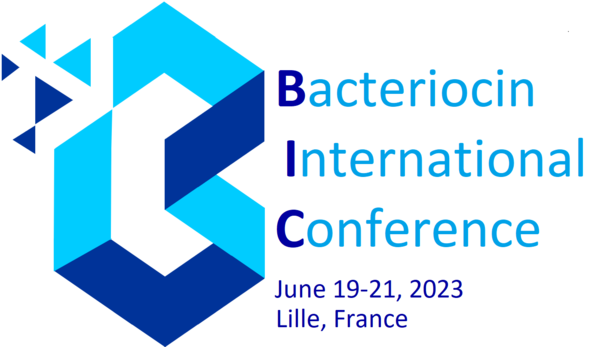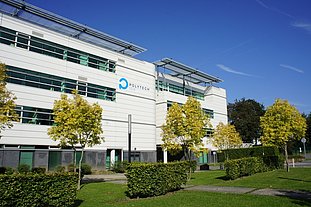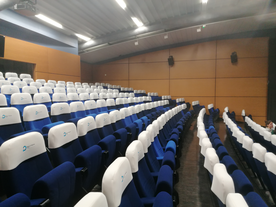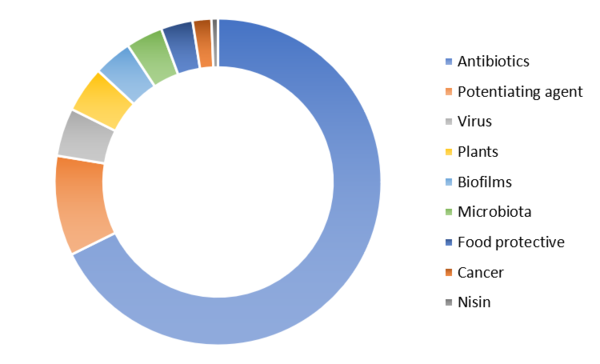
BACTERIOCIN INTERNATIONAL CONFERENCE
Polytech Lille (France) June 19 to 21, 2023
E-mail contact : bic2023@univ-lille.fr


Few words on bacteriocins
Bacteriocins were discovered by Professor André GRATIA (1893-1950), almost at the same time as the discovery of penicillin by Sir Alexandre FLEMING (1881-1955). Research on this class of antimicrobial molecules has steadily been developed around the world in order to better understand their activities and drive their applications. Bibliometric data on bacteriocins are constantly increasing, confirming the interest in these molecules (Figure 1).
Significant advances in the understanding of their biosynthetic pathways as well as their modes of action have been accomplished in the last decades and opened new avenues for diverse and multisectoral applications. Nowadays, research on bacteriocins is given a new impetus in the medical field to face the problem of antibiotic resistance, which is thought to be the next global health crisis. More recently, their multifunctional potential has been expanded with the unveiling of further niches of exploitation based on the activity of bacteriocins against viruses and cancer cell lines, as well as their ability to promote plant growth and regulate the microbiota (Figure 2).

Yet, bacteriocin applications are mostly limited to the food industry for food preservation and only nisin is authorized as a food additive (E234). What are we missing? This Bacteriocin international conference (BIC) constitutes a first step to bring together the research community, advisory and regulatory authorities (EFSA, FDA) as well as also food, veterinary and pharmaceutical companies in order to establish a scientific dialogue and outline the upmost valorization strategies of bacteriocins for the coming future. This conference will be organized by the UMR-Tranfrontalière BioEcoAgro INRAe 1158; a Franco-Belgian cross-border research unit (www.bioecoagro.eu), with the ultimate goal of encouraging early-career scientists to present their creative and innovative ideas in the field of bacteriocins.
Sponsors











